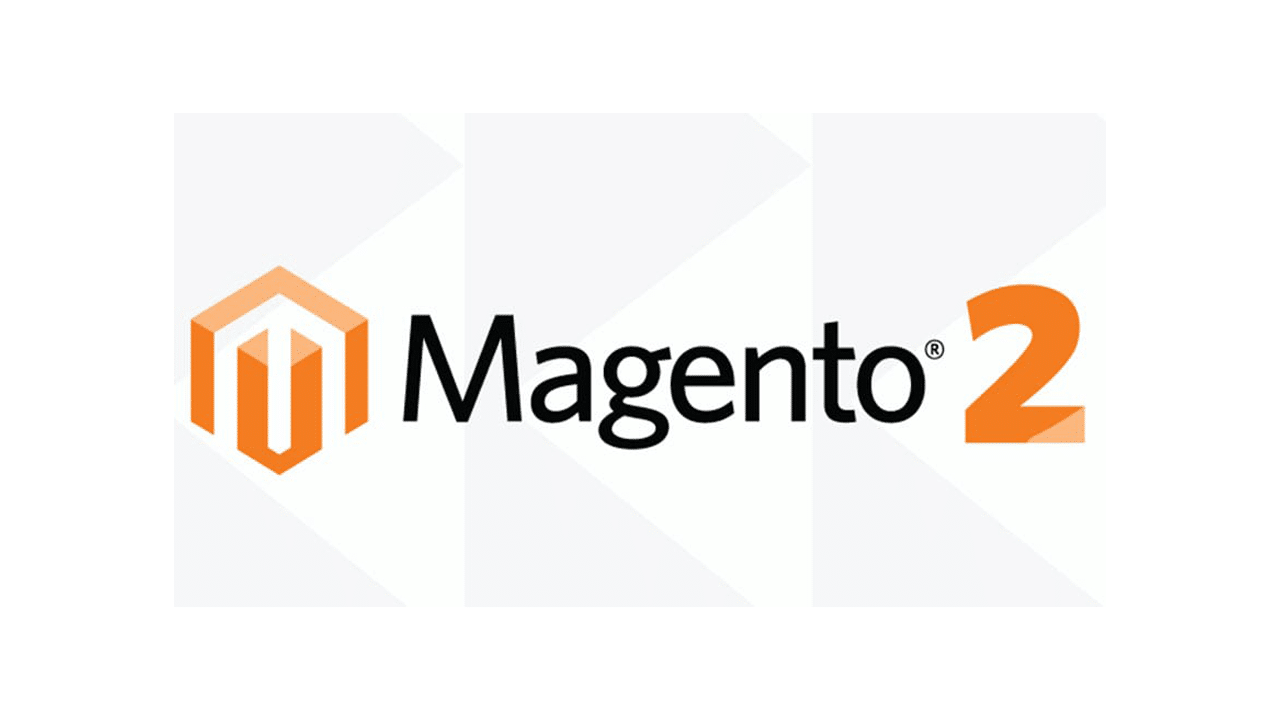With users spending more digital media time on mobile apps, enterprises explore innovative ways to keep their website visitors engaged, convey the desired message, and persuade them to buy. A content management system makes it easier for businesses to keep website visitors engaged by creating, publishing, and managing digital content efficiently. Many enterprises even use content management systems to create a collaborative environment where employees work and communicate seamlessly.
At the same time, the themes, plug-ins, extensions, and modules provided by robust content management systems help developers to build custom websites rapidly. Each enterprise has option to choose from a wide range of content management systems. Some of these CMS are open source and free, whereas others are commercial. An enterprise can always consider using an open source content management system (CMS) to build website and manage digital content without incurring additional expenses.
Overview of 7 Widely Used Content Management Systems
1) WordPress
The usage statistics posted on various websites depict that WordPress currently dominates the worldwide CMS market. In addition to being easy to use, WordPress also simplifies web application development by providing a wide range of themes and plug-ins. The members of the WordPress community further keep uploading new themes and plug-ins regularly according to emerging trends in web development. The developers can take advantage of the themes, plug-ins, and add-ons to create custom websites rapidly according to precise business needs. They can even take advantage of an open source WordPress plug-in like WooCommerce to create new ecommerce websites and add ecommerce functionality to existing websites.
2) Joomla
Joomla enables developers to develop, customize, and maintain websites without putting extra time and effort. It is even considered as the best CMS for small businesses and start-ups. While using Joomla, a developer can take advantage of a variety of plug-ins and extensions to create websites according to varying needs of small businesses. They can further use various business extensions and plug-ins for Joomla without increasing project overheads. But Joomla does not allow developers to choose from a large number of website themes. The developers can still use specific add-ons to add email forms, blogs, discussion forums, and image galleries to the website. Likewise, Joomla makes it easier for developers to add shopping carts and integrate point-of-sales (POS) systems, and manage inventory while developing ecommerce websites.
3) Drupal
Drupal makes it easier for developers to create websites that deliver richer user experience while meeting search engine guidelines. The SEO tools provided by Drupal help enterprises to divert more search engine traffic to their websites. Many developers opt for Drupal when a website has a lot of pages or accessed by a large number of users. Like other content management systems, Drupal also allows developers to choose from several themes, add-ons, extensions, and modules according to their precise needs. These third-party modules and services even help developers to add functionality to the website without writing additional code. However, many developers consider Drupal to be more complex than other content management systems. Some programmers even write additional code to customize the Drupal application according to precise business requirements.
4) Magento
An enterprise has option to choose from several editions of Magento. The community edition of Magento is open source and free. Despite being a CMS, Magento is hugely popular as an ecommerce platform. The readymade and customizable themes provided by the CMS make it easier for developers to build, set up, and launch robust ecommerce websites rapidly. The developers can further accelerate ecommerce website development by availing the robust features provided by Magento including product catalogue, option to add multiple attributes to a single product, customer grouping, setting up billing, invoicing and shipping. The developers even have option to avail a large number of free and paid add-ons provided by members of the Magento community.
5) TYPO3
The open source content management system is compatible with major operating systems and web servers. TYPO3 is also considered to be more flexible and extendible than other open source content management systems. The modular design of TYPO3 makes it easier for programmers to build and set up websites of varying sizes. At the same time, the web developers can easily customize and extend TYPO3 by using specific extensions. TYPO3 further simplifies digital content management by allowing developers to define various types of website content and managing the digital content through multiple editors. The developers even have option to modify or restructure the default structure of a web page without any restriction. However, TYPO3, despite being easy to use, has a complex learning curve. Also, it requires additional server space to accommodate additional modules.
6) Plone
Despite being an open source, Plone promotes itself as the enterprise CMS. An enterprise can use Plone to integrate multiple databases, web servers, business solutions, and content functions. Plone further provides a set of features to manage the entire content lifecycle. A website administrator can use the features to create, publish, store, and manage digital content, along with implementing search, content locking, and version control. At the same time, Plone helps web application developers to keep the website and digital content secure through its Python-based backend. The Diazo-powered theme engine provided by Plone helps developers to design custom websites rapidly. At the same time, the add-ons for Plone make t easier for developers to add functionality to the website and manage digital content efficiently.
7) Blogger
Blogger was originally developed as a blog publishing service with support for multi-user blogs. But many enterprises nowadays use Blogger just like other content management systems. Blogger has been evolving consistently to simplify and accelerate development of various websites and blogs. In addition to being a part of the Google ecosystem, Blogger also provides custom styles, customization options, and custom domains. The custom domains provided by Blogger make it easier for small enterprises and freelance professionals to set up and launch their websites quickly. At the same time, a user can simply use his Google account to set up and manage websites with Blogger. However, Blogger lacks some of the robust features and extensions provided by other open source content management systems.
On the whole, a business has option to choose from a wide range of open source content management systems. But the content management systems differ from each other in the category of features, themes, plug-ins, extensions, and performance. Hence, it becomes essential for an enterprise to evaluate the pros and cons of each CMS according to its short-term and long-term needs.










